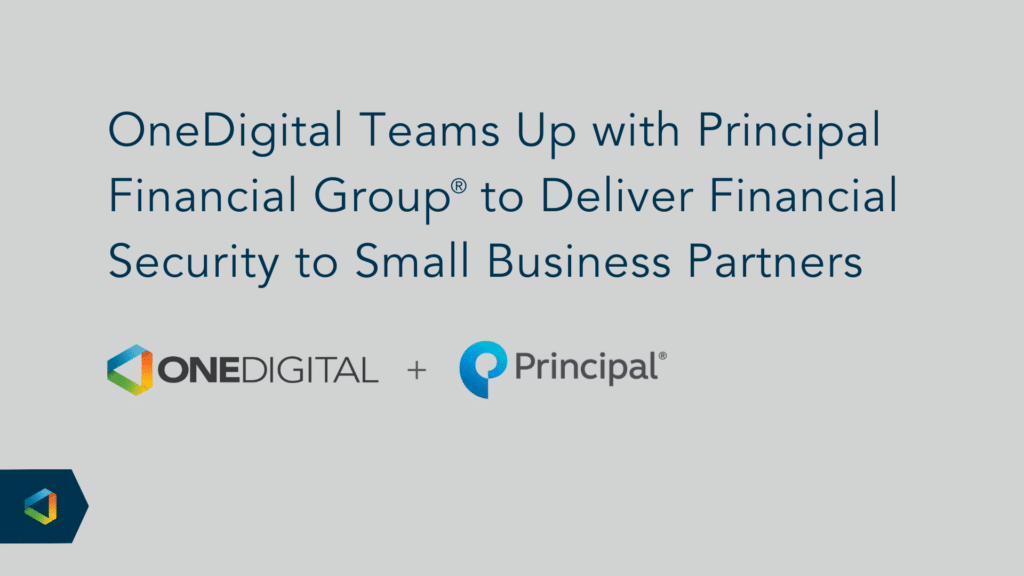Better Benefits, Healthy People
Engaging Your Workforce for Financial Wellness
Engaging Your Workforce for Financial Wellness
Only time will tell the short- and long-term impact COVID-19 will have on individual balance sheets. When looking at workforce statistics gathered before the pandemic, it’s clear that most employees already need financial advice and guidance. It’s even more critical now than ever.
With so many employees not saving enough for retirement, increasing debt, and a general shift in demographics, the financial industry has been focusing more on improving the overall financial health of the workforce. This is critical to improving retirement outcomes - if employees don’t have enough money to meet their monthly expenses and pay off their debts, they will likely not be able to prioritize saving for their future. They will also see the impacts of that financial stress on their health and, in-turn, their attendance and productivity at work.
Education vs. Engagement
Financial education for employees has likely been a component of your retirement plan offering in the form of annual group meetings or one-on-one meetings with financial advisors. These meetings, while essential to make sure that employees remember the importance of saving for the future and aligning their investment risk, do little to change financial behaviors that are impacting their overall financial wellness.
Authentic employee engagement is the most impactful. Addressing more than plan highlights (the match, the investment vehicles, vesting schedules, etc…) and spending time with the employee to help them make their next best move is a worthy investment. Does your employee hear you tell them about all the outstanding features of the corporate retirement plan, while they are drowning in student or credit card debt, having trouble paying bills, or dealing with any other financial stress? The answer is No. By focusing on where and how to take the first step, you engage the employees at a level not yet seen. So let’s talk about engagement and the financial wellness strategy.
What is Financial Wellness?
A state in which an individual:
- Has control over day-to-day, month-to-month finances;
- Has the capacity to absorb a financial shock;
- Is on track to meet financial goals; and
- Has the financial freedom to make the choices that allow one to enjoy life.
The pandemic has only exacerbated financial stress for employees, who now may also be worried about their company's financial impact and job. More than ever, employees want proactive communication and guidance from a financial professional to answer questions and provide reassurance. Access to self-service tools is no longer sufficient to classify as a financial wellness offering and does not give employees the support they want.
- 1 in 4 employees identified a financial wellness benefit with access to unbiased counselors as the employer benefit they would most like to be added. Source
- 78% of employees reported being financially stressed indicated they would be attracted to another company that cares more about their financial well-being. Source
- Americans’ No. 1 financial goal is to build out an emergency fund, with 45% listing this as their top priority. This jumps to 65% for those who reported in March that their work status is vulnerable. Source
According to the Consumer Financial Protection Bureau (CFPB) the following attributes are commonly accepted as contributing to a meaningful financial wellness program:
- Help employees improve financial security by developing financial skills
- Address issues that cause financial stress for many employees (including college debt, credit card debt, access to cash in an emergency, saving for retirement, managing healthcare cost balancing Health Savings Accounts and High Deductible Health Plans, caregiving, and divorce)
- Support employees’ ability to manage both short- and long-term financial needs
- Include a sequence of communications over time, so wellness becomes routine
- Integrate employer-provided benefits (retirement, health and welfare) to provide a comprehensive picture to each employee
- Accessibility by the employee’s entire family so that all members can benefit and reduce the stress of the employee him or herself
Programs are:
- Delivered over time, not at one point in time
- Interactive and require some participant input in programs delivered to each employee
- Personalized based on an assessment of an employees’ ongoing financial wellness and include an action plan to their current financial goals
- A mechanism for employees to monitor progress made and to manage their plan over time
- A way to provide periodic coaching to help implement employees’ personalized action plan
In summary, effective financial wellness programs provide personalized, periodic, human coaching to help employees develop timely action plans to address financial wellness holistically at a household level. Your financial wellness program must ENGAGE your employees if it is going to create lasting changes for your workforce. I cannot stress the importance of human interaction and frequent communication enough.
I would also like to emphasize that a solution must be holistic. Financial professionals offering advice must be able to talk to employees about their whole financial picture, not just the assets in a company retirement plan. In my opinion, employing a third-party to assist your employees is beneficial as they will feel the most comfortable sharing very private information without worrying that information might impact their employment.
Please also consider that your employees' financial wellness is also impacted by their spouse/partner's employment/financial status of their spouse/partner. If your goal is to support your employee's financial wellness, you should also see the importance of supporting their household and families in this endeavor as well.
As an employer, please consider what solutions can be implemented to ensure that your employees stay engaged, financially well, and on a path to a successful retirement. While this initiative had taken hold before the pandemic, this unprecedented situation is going to impact families financially in a big way.




